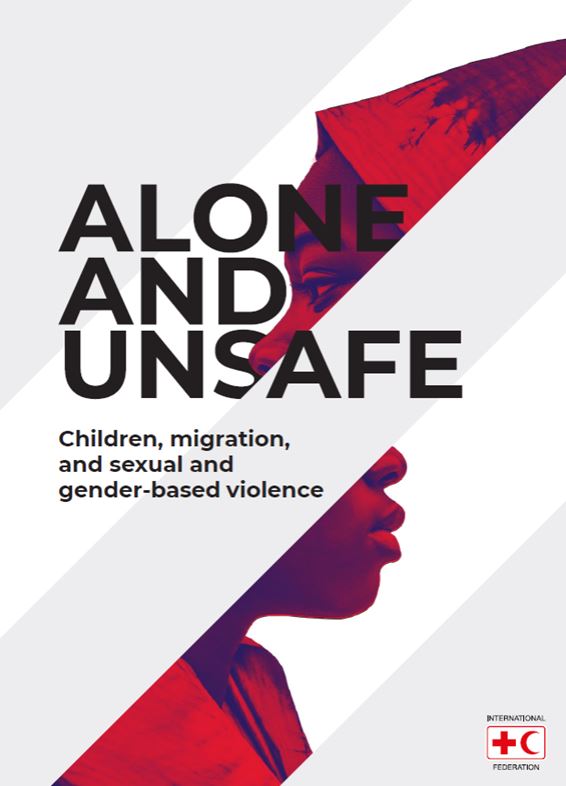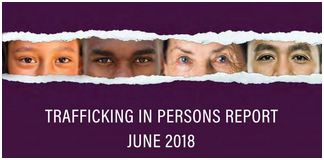The Gender Pay Gap Can Affect Women’s Physical & Mental Health
Извор: WUNRN – 10.04.2018
The gender pay gap is very, very real. Women all over the world are paid less than men, and in the Staters, Equal Pay Day, on April 10, marks how long into 2018 women have to work, on average, to earn as much as their male counterparts did in 2017 — though, as the official Equal Pay Day website notes, that date differs greatly depending on your race. And while there are many hypotheses for why this pay gap exists, one thing is for sure: like other kinds of systemic discrimination, the gender pay gap can affect your health in some pretty surprising ways.
There have been pretty strong studies of the relationship between systematic wage discrimination and mental health issues. In 2016 data published in Social Science & Medicine found that women who earned significantly less than men in the exact same job in the U.S. had a heightened risk of experiencing major depressive disorder and generalized anxiety. When the pay gap was reduced, the risk plummeted. It’s not just in America, either; the World Health Organization has found that income inequality worldwide is a big challenge to women’s mental health.
And let’s not forget the mental impact of the gendered expectations that can create pay gaps in the first place. A 2017 study of workers in the UK found that men are likely to remain in full-time work for the whole of their lives, while up to 40 percent of women go part-time at some point in order to care for children or elderly relatives. Women are still overwhelmingly expected to perform the burden of care for others, and that lowers their income and creates mental health issues, high stress, and conflict within families.
“There is an invisible army within many workforces who are performing a difficult juggling act,” writes Senior Research Fellow Sally Wilson for the Institute of Employment Studies, noting that they “can feel permanently ‘on call’ for an emergency and under relentless stress.” A 2018 study also found that women who work full- or part-time also suffer from the mental health stressor of guilt about “not doing enough,” which raises their likelihood of having mental health issues.
It’s not just mental health, either, though mental health is critical to women’s holistic wellbeing. Experts from the Center for Health Equity at the University of Melbourne wrote for The Conversation in 2016 that studies show pretty conclusively that “discrimination in a range of settings, including in workplaces, harms mental and physical health.” Women who feel discriminated against — who discover, for example, that their colleague Steve gets a bigger pay packet — experience stress-related health issues, according to a study from 2009, including a higher risk of hypertension and even breast cancer. Women who experience discrimination of any kind at work also tend to drink more and make more unhealthy decisions, according to studies.
Stress can also stem from financial insecurity. Social security, health insurance payments, and retirement funds are all affected by gender pay gaps, not to mention plain old wealth accumulation, and women’s awareness of this can contribute to their stress levels. Statistics show that the pay gap means more women will be in poverty in their old age than men, because they haven’t been given the opportunity to save more.



